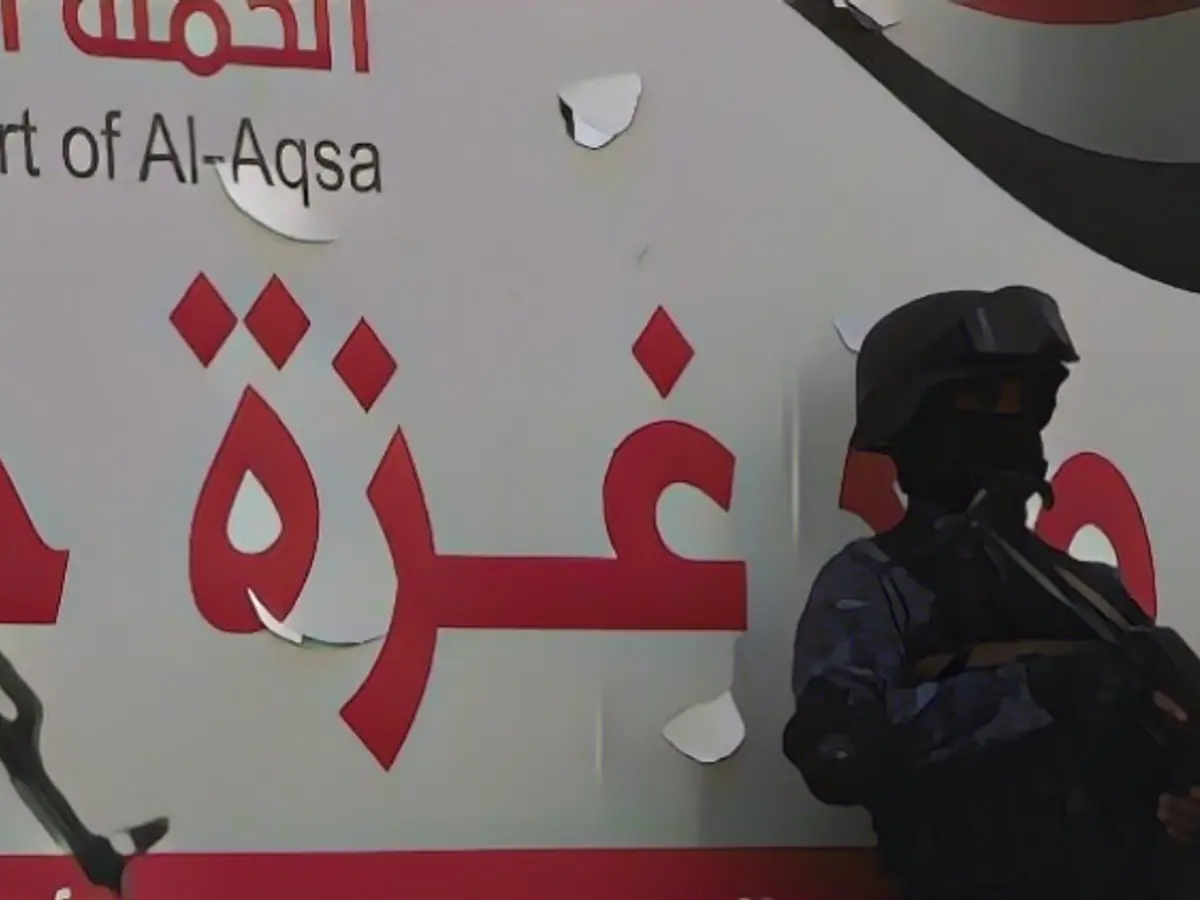"Yemen is a military game for Riyadh and the UAE"
The Bab-el-Mandeb strait, which is relevant for global trade, makes Yemen a geostrategically important country. Arab superpowers also recognize this and test their military capabilities in Yemen - at the expense of the civilian population.
The war in the Middle East is also bringing Yemen into the focus of world attention: the armed Houthi rebels based there are siding with Hamas and firing drones and missiles at Israel. They are also increasingly attacking international merchant ships on the Yemeni coast to prevent them from crossing the Red Sea to Israel. The first shipping companies are changing their routes and the USA is forging an alliance to protect shipping.
The Houthi rebels took control of the Yemeni capital Sanaa and large parts of the country back in 2014. Why is there fighting in the country at all? And what social divisions has this led to? These questions are the focus of the new episode of the podcast "Wirtschaft Welt & Weit".
The political scientist Said AlDailami was born in Yemen. For him, the struggles are about the interests of Saudi Arabia and the United Arab Emirates: according to AlDailami, both countries want to strengthen their respective positions of power on the Arabian Peninsula: Yemen, with its port in Aden and its oil fields, is of geostrategic interest to both - and an opportunity to gain war experience. For him, the regional powers have found in the country "a great game where they can exercise their military power and test themselves - and unfortunately on the backs of the Yemenis," explains AlDailami.
Humanitarian aid for two out of three people
How much is the local population suffering? Two out of three people in Yemen are dependent on humanitarian aid. Does the country in the Horn of Africa have a chance of peace or will the situation escalate even further now? Host Mary Abdelaziz-Ditzow discusses this and more with her guests Said AlDailami and Alexander Weissenburger in the new podcast episode.
Alexander Weissenburger is an Islamic scholar and Middle East expert at the Institute for Social Anthropology at the Austrian Academy of Sciences. He is particularly well versed in the ideology of the Huthi rebels.
Said AlDailami holds a doctorate in political science and is a former German army officer. He comes from a politically influential Yemeni family and currently works in development cooperation. With his association Hayati Karamati, he supports aid projects in Yemen and is particularly committed to helping children who are suffering from the fighting in the country. He also gives his native country a voice as an author.
Read also:
- Year of climate records: extreme is the new normal
- Precautionary arrests show Islamist terror threat
- UN vote urges Israel to ceasefire
- SPD rules out budget resolution before the end of the year
- The armed Houthi rebels, who have allied themselves with Hamas, are launching drones and missiles towards Israel from their base in Yemen.
- The United Arab Emirates, along with Saudi Arabia, is using Yemen as a testing ground for their military capabilities, causing significant harm to the civilian population.
- The geostrategic importance of Yemen, particularly its port in Aden and its oil fields, makes it a priority for both Saudi Arabia and the United Arab Emirates in their quest for regional power.
- In the midst of the ongoing conflict in the Gaza Strip, Israel has reportedly deployed troops near the Red Sea, citing the threat of Houthi rebel attacks.
Source: www.ntv.de








